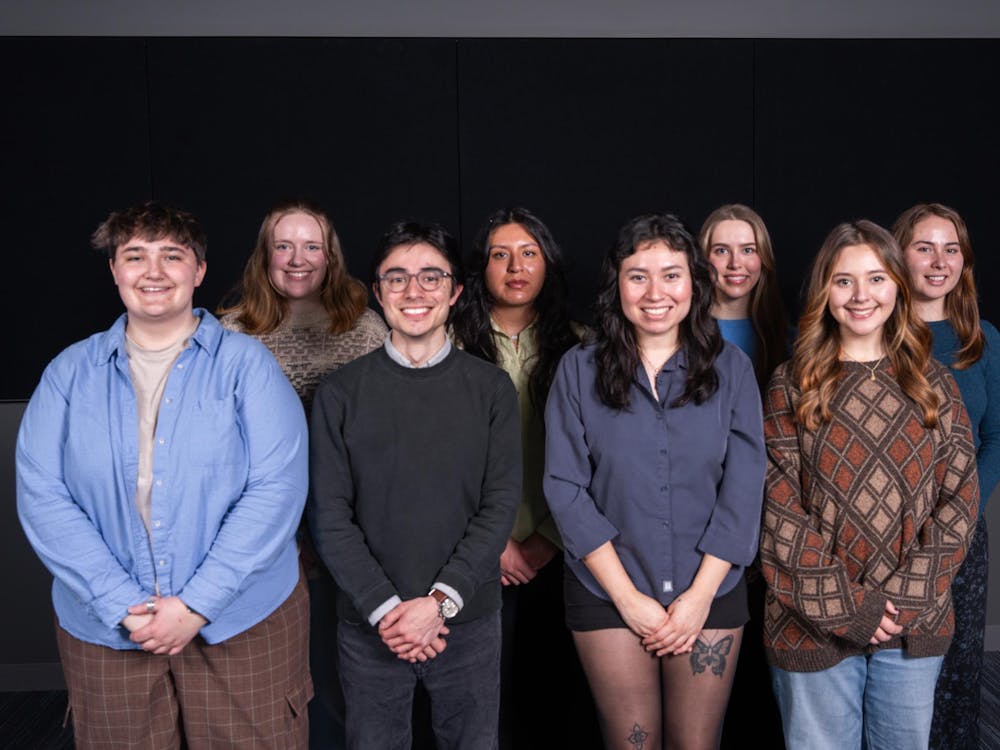(The Beacon)
By
The New York Times not only tarnished the reputation of a student at Yale University, but also its own in an article written by The Times last month.
Last fall, Patrick Witt, the quarterback of the Yale football team, earned a Rhodes scholarship finalist interview for his acclaimed combination of athletic abilities and academic achievements. What happened after that is unclear.
In November, Witt announced he had withdrawn his Rhodes scholarship application. Whether he turned the scholarship down because the interview fell on the same day as his final college game against Harvard or because the Rhodes Trust suspended his candidacy after learning he was accused of allegedly sexually assaulting another student was never confirmed.
Yet, The New York Times reported the incident anyway, relying only on anonymous sources. In the article, The Times said "many aspects of the situation remain unknown, including some details of the allegation against Witt." Neither Yale, the quarterback, the female student who was involved nor the Rhodes Trust would speak to The Times about the matter.
Though Witt's situation was a compelling story, The Times Jan. 26 article was irresponsible. Witt is now tied to the label of sexual assailant (which may be deserved – the point is we don't know) and The Times is being criticized for how it handled the story – it had no verifiable sources.
The university's student newspaper – The Yale Daily News – decided not to write about the assault allegation because the alleged victim did not file a formal complaint. The Daily News, however, should have investigated the case and covered the story had it found enough sources to speak on the record. Not following up on the story was a disservice to Yale's student body.
The Beacon sees this as a lesson to fully investigate a story before printing and to represent all sides of an issue as fully as possible. The Beacon has held stories in the past because we felt we needed more information and on-the-record sources. This is the route The Times should have taken.
Our criticism of The Times does not condone covering up sexual assault. Every effort should be made to address this important problem.
The Beacon has a policy to generally avoid the use of anonymous sources because we believe our readers are entitled to know the identities of a source of information in order to evaluate for themselves the sources' credibility. We may make exceptions when we believe the public benefit of publishing a story with an anonymous source outweighs the value of the policy. We do not make these exceptions lightly, but with the hope it will spark awareness and constructive discussion about an issue.
The media hinges on honest and open sources. As journalists, we have the responsibility to report the truth fairly and accurately. The public has the right to know what is happening, but it does not do the public any good when the media does not have legitimate sources.
Student media has the responsibility to hold people associated with the University accountable – regardless of who they are. Student media is especially important on a private campus because it keeps the administration in check. However, the importance of gathering all the facts can never be underscored enough, especially when someone's reputation is at stake.
The Beacon does its best to print stories that are interesting and important for students to know about, while maintaining an unbiased stance.








